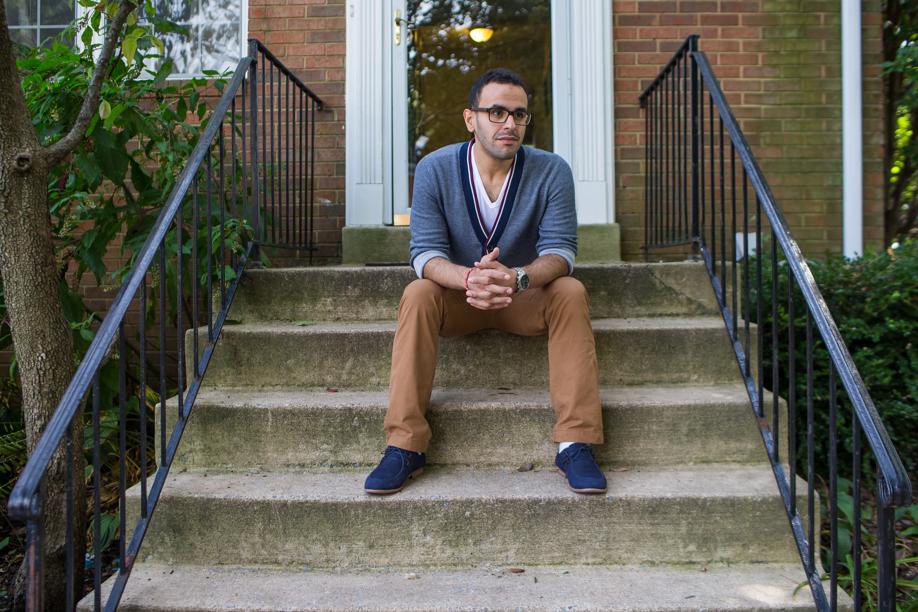
CAIRO — In the United Arab Emirates, a Libyan-American father and son detained since 2014 on political charges said security agents tortured them in prison, with beatings and electric shocks.
In Egypt, a woman with dual Egyptian and American citizenship who started an organization to help street children has been imprisoned for almost two years after prosecutors accused her of abusing the youths, though the state produced no credible evidence, according to human rights groups.
In both cases, the families of the accused have complained of a lack of high-level attention from US officials — stemming, they fear, from the Obama administration’s reluctance to confront the United Arab Emirates and Egypt, which the United States views as two of its strongest strategic partners in the Arab world.
Their frustrations illustrate the distinct challenges faced by Americans imprisoned by their government’s allies. At home in the United States, their cases seem to stir less outrage than those of Americans detained by governments considered hostile, like Iran or North Korea, resulting in less pressure on the US government.
And the notion that the detentions can be resolved in private, among friendly governments, can leave families confused about what role they should play.
As months of imprisonment have stretched into years for the detainees in Egypt and the United Arab Emirates, the relatives say, they have received little guidance from tight-lipped consular officials and avoided publicity out of concern it could undermine any negotiations.
Amal Eldarat, whose father and brother are in prison in the United Arab Emirates, said her family had kept quiet for months but decided to seek more publicity in the hope it might pressure the Obama administration to take more forcible action.
The treatment of her father and brother “was a violation of every international law,’’ she said.
“The US could be doing so much more,’’ Amal Eldarat said.
State Department officials have said that they are closely following the trials in Egypt and the United Arab Emirates, and that they have raised concerns about the treatment of the Eldarats with senior Emirati officials.
The difficulties faced by the United States in freeing citizens from allied countries was highlighted last week when The National, a state-owned newspaper in the United Arab Emirates, said an American woman had been detained there for seven weeks on charges of “insulting the UAE in public’’ — a misdemeanor.
The 25-year-old woman, who was not identified, told the court that the charges had arisen from her interaction with two men who “did not like the way she spoke to them,’’ though she also said that she had “refused to engage’’ with them and that she did not know why she was on trial, according to the report.
Nicholas McGeehan, a researcher at Human Rights Watch who has followed the cases of Westerners imprisoned in the Persian Gulf, said many of the families of the detainees faced a dilemma. The United States, as well as Britain and Canada, often advises families not to speak out because “private diplomacy is preferred,’’ he said.
“The concern we have is whether these countries are prioritizing their citizens’ interests, or their own strategic and business interests,’’ he added.
The family of Aya Hijazi, the Egyptian-American, said US Embassy officials had visited her in prison and attended her court sessions.
Hijazi, 29, was arrested in May 2014 with her husband and others who worked at a nonprofit Hijazi founded to care for Cairo’s street children.
Brian Shott, a spokesman for the US Embassy in Cairo, said officials were closely following Hijazi’s case .
In at least one other recent instance, the White House was successful in pressuring the Egyptian government to release an American citizen. But the detainee, Mohamed Soltan, was released only after he carried out a 16-month hunger strike.



